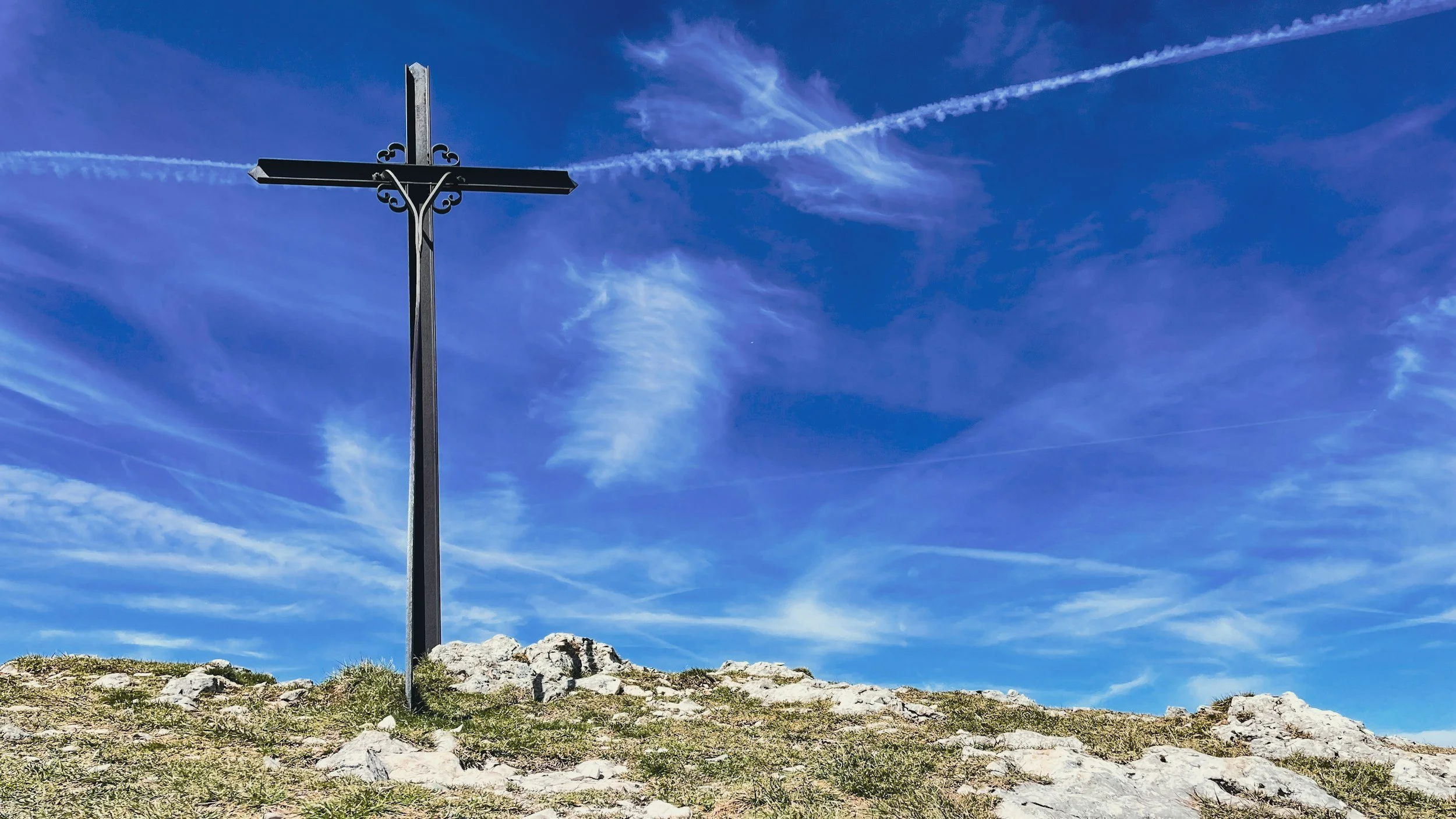Violence against Christians has reached an all-time high in 15 countries, with 388 million people facing severe persecution worldwide, Open Doors reported. Nigeria remains the deadliest nation, while Syria saw the largest single-year rise amid instability. Other dangerous parts of the world include North Korea, Somalia and Yemen.
Read MoreIn 2006, I was able to travel to Israel for the first time. Even as a child, I had learned from my father about the spiritual legacy of the Jewish people, the land God had given them, and how He had protected them. And, best of all, during that amazing year, I was able to set foot on the land myself. There I began to meet and come to know Israelis as friends and allies, and to see with my own eyes the biblical heritage I had inherited as a Christian believer.
Read More(ANALYSIS) What’s striking about this ceasefire is not just how tentative it is, but how deeply entwined the experiences of Jews and Muslims have become — not in harmony, but in suffering. Both communities claim moral righteousness. Both grieve their dead. And both are trapped in narratives of fear and survival that often leave little room for compassion or compromise.
Read MoreFor President Donald Trump’s MAGA Jewish base, the plane may be a bridge too far. Three influential Jewish voices in the MAGA movement — figures typically known for their unwavering loyalty to the GOP standard-bearer — are aghast over Trump’s decision to accept a $400 million aircraft from the government of Qatar.
Read MoreIsrael and Hamas agreed on Wednesday to a ceasefire deal — pausing a brutal 15-month war in the hard-hit Gaza Strip with an eye towards ending one of the deadliest Middle Eastern conflicts in modern history. The provisional deal came weeks after negotiations in the Qatari capital Doha involving mediators from Qatar and Egypt, working with Israeli and U.S. officials.
Read MoreThe team, nicknamed the Atlas Lions, became the first African nation to reach a World Cup semifinals in the tournament’s 92-year history. Not only did Morocco represent the African continent, but over the past four weeks was a team that galvanized the Arab world behind it.
Read More(ANALYSIS) The World Cup in Qatar continues to roll along into the semifinals. So far, the premier soccer tournament — and arguably the planet’s biggest sporting event — has showcased skill, drama and even some upsets. Aside from all that, what the World Cup has also generated are plenty of different kinds of storylines to focus on.
Read More(OPINION) The controversy at the World Cup in Qatar is largely tied to the Muslim country’s Islamic beliefs. It’s about human rights, welcoming LGBTQ fans, drinking alcohol and modest dress. It’s as much a cultural and societal issue as it is a sporting one.
Read MoreWhen fans aren’t packing stadiums to watch soccer matches, another thing that will get a lot of attention will be Qatar’s Islamic art and culture. As is the case with any country that plays World Cup host, visitors will get a real chance to see things in person they may not otherwise ever see anywhere else. Among those things will be the Imam Abdul Wahhab Mosque in the capital city, Doha.
Read MoreNamed La’eeb — which FIFA, world soccer’s governing body, said is “an Arabic word meaning super-skilled player” — the World Cup mascot triggered plenty of confusion and scorn on social media. But the mascot was primarily an homage to Arab garments known as the “keffiyeh” and “thawb.”
Read MoreThe 2022 World Cup, which will be held in the Middle Eastern nation of Qatar, will test the majority-Muslim country in several ways — primarily when it comes to religious mores around public intoxication and homosexuality, both of which are illegal there.
Read More










